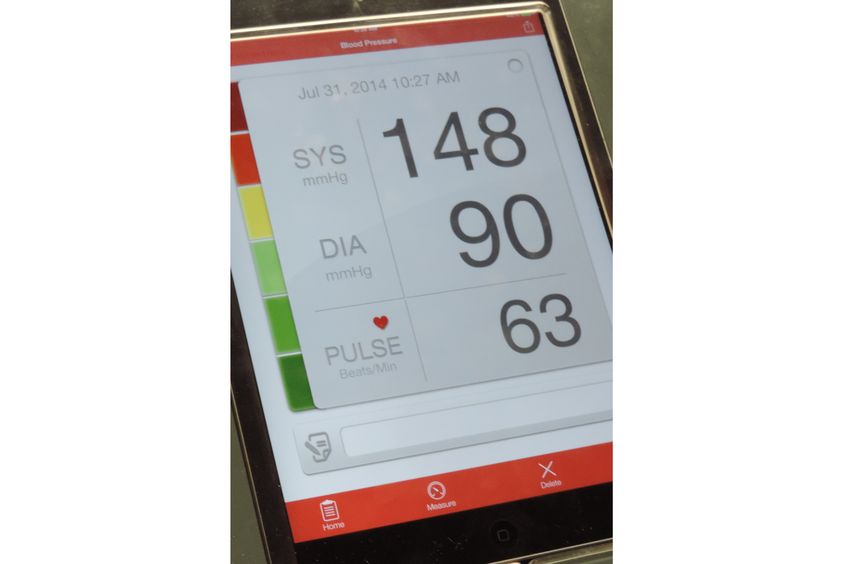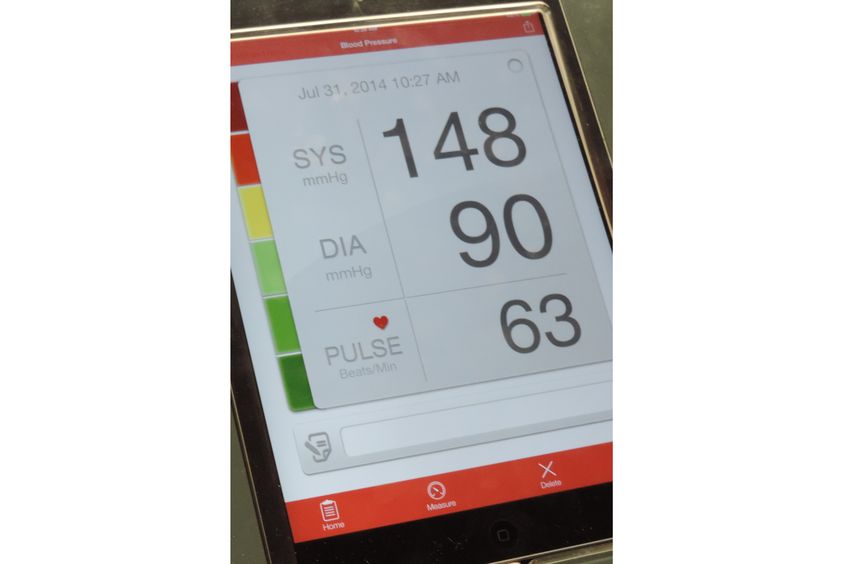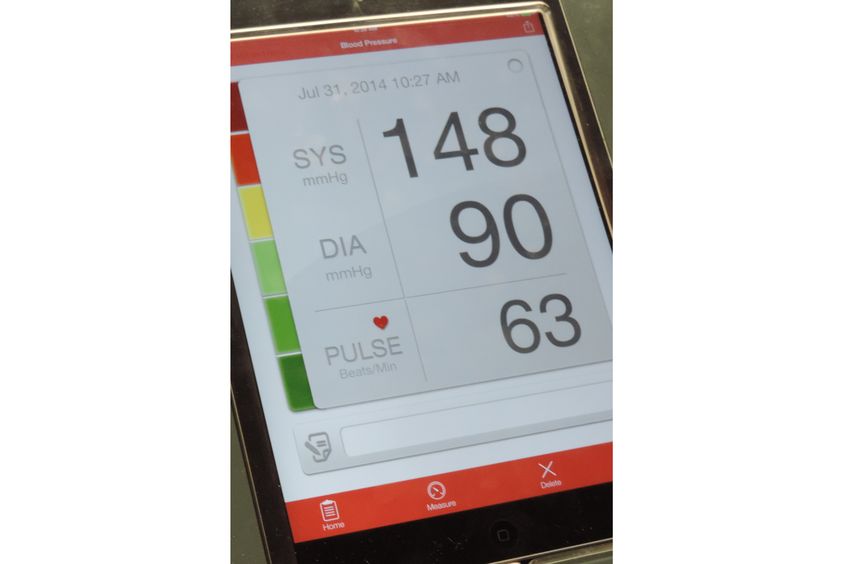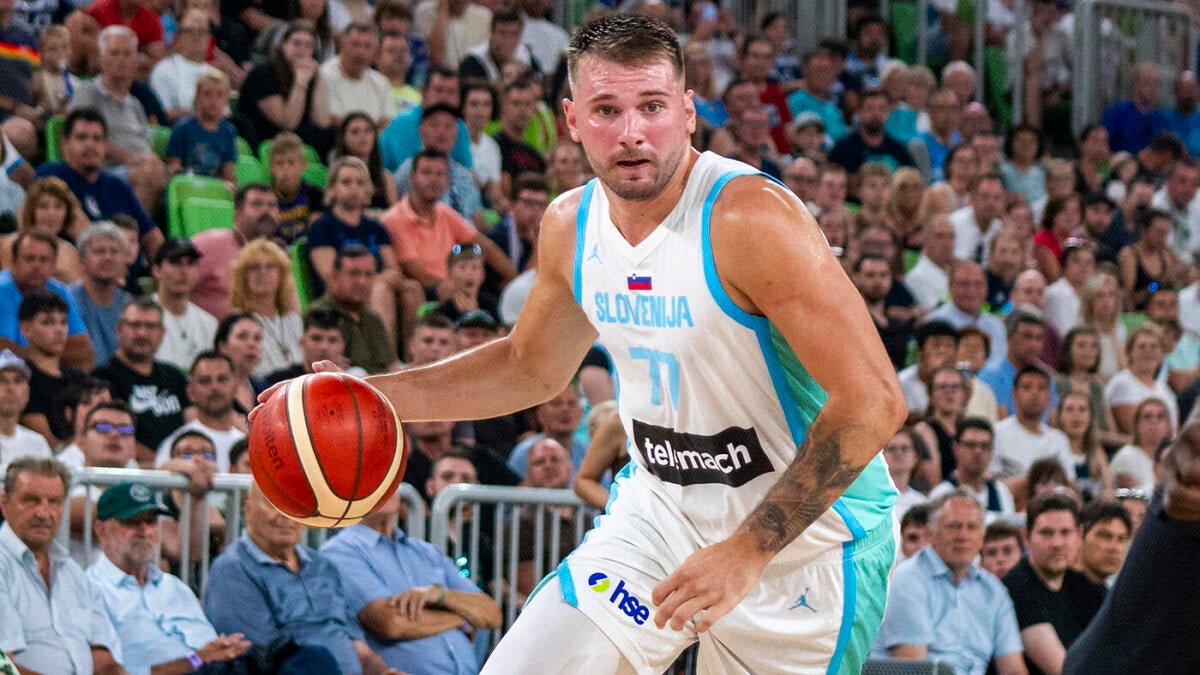Cardiovascular Disease Prevention: The Importance Of Early Blood Pressure Management

Welcome to your ultimate source for breaking news, trending updates, and in-depth stories from around the world. Whether it's politics, technology, entertainment, sports, or lifestyle, we bring you real-time updates that keep you informed and ahead of the curve.
Our team works tirelessly to ensure you never miss a moment. From the latest developments in global events to the most talked-about topics on social media, our news platform is designed to deliver accurate and timely information, all in one place.
Stay in the know and join thousands of readers who trust us for reliable, up-to-date content. Explore our expertly curated articles and dive deeper into the stories that matter to you. Visit Best Website now and be part of the conversation. Don't miss out on the headlines that shape our world!
Table of Contents
Cardiovascular Disease Prevention: The Importance of Early Blood Pressure Management
Cardiovascular disease (CVD) remains a leading cause of death globally, but its devastating impact can be significantly mitigated through proactive preventative measures. Among these, managing blood pressure early in life is paramount. Ignoring even slightly elevated blood pressure can have long-term, life-altering consequences. This article explores why early blood pressure management is crucial for preventing cardiovascular disease.
Understanding the Silent Killer: Hypertension
Hypertension, or high blood pressure, is often called the "silent killer" because it frequently shows no noticeable symptoms. However, consistently elevated blood pressure silently damages blood vessels, increasing the risk of serious health problems. These problems include:
- Stroke: High blood pressure weakens blood vessels in the brain, increasing the risk of rupture and bleeding.
- Heart attack: High blood pressure strains the heart, making it work harder and increasing the likelihood of coronary artery disease and heart attacks.
- Heart failure: Over time, high blood pressure can weaken the heart muscle, leading to heart failure.
- Kidney disease: High blood pressure damages the delicate blood vessels in the kidneys, potentially leading to kidney failure.
- Dementia: Studies increasingly link high blood pressure to an increased risk of cognitive decline and dementia.
Why Early Intervention is Key
The damage caused by high blood pressure is cumulative. The earlier you begin managing it, the less damage occurs. Even seemingly small increases in blood pressure over a long period can significantly increase your CVD risk. Waiting until symptoms appear is often too late. Regular blood pressure checks, beginning in early adulthood, are crucial for early detection and intervention.
Lifestyle Modifications: Your First Line of Defense
Before medication becomes necessary, lifestyle changes are often highly effective in managing blood pressure:
- Diet: A balanced diet low in sodium, saturated fats, and cholesterol is vital. Focus on fruits, vegetables, whole grains, and lean proteins. (link to a credible source about the DASH diet).
- Exercise: Regular physical activity strengthens the cardiovascular system and helps lower blood pressure. Aim for at least 150 minutes of moderate-intensity aerobic exercise per week.
- Weight Management: Maintaining a healthy weight reduces strain on the heart and blood vessels.
- Stress Reduction: Chronic stress elevates blood pressure. Techniques like yoga, meditation, and deep breathing can help manage stress levels.
- Limit Alcohol Consumption: Excessive alcohol intake can significantly raise blood pressure.
When Medication is Necessary
For some individuals, lifestyle modifications alone are insufficient to control blood pressure. In these cases, medication prescribed by a doctor is crucial. Many effective medications are available to manage high blood pressure safely and effectively. Never start or stop blood pressure medication without consulting your doctor.
Regular Check-ups: The Cornerstone of Prevention
Regular visits to your doctor for blood pressure checks are vital, especially if you have a family history of CVD or other risk factors. Early detection and proactive management are the most effective strategies for preventing cardiovascular disease. Don't underestimate the importance of monitoring your blood pressure; it could save your life.
Call to Action: Schedule a checkup with your doctor today and discuss your blood pressure and cardiovascular health. Taking control of your blood pressure now is an investment in a healthier and longer life.

Thank you for visiting our website, your trusted source for the latest updates and in-depth coverage on Cardiovascular Disease Prevention: The Importance Of Early Blood Pressure Management. We're committed to keeping you informed with timely and accurate information to meet your curiosity and needs.
If you have any questions, suggestions, or feedback, we'd love to hear from you. Your insights are valuable to us and help us improve to serve you better. Feel free to reach out through our contact page.
Don't forget to bookmark our website and check back regularly for the latest headlines and trending topics. See you next time, and thank you for being part of our growing community!
Featured Posts
-
 Updated Blood Pressure Guidelines Prevention And Early Treatment Key To Reducing Cvd Risk
Aug 18, 2025
Updated Blood Pressure Guidelines Prevention And Early Treatment Key To Reducing Cvd Risk
Aug 18, 2025 -
 Chimaev Vs Du Plessis Ufc 319 Fight Recap And Highlights
Aug 18, 2025
Chimaev Vs Du Plessis Ufc 319 Fight Recap And Highlights
Aug 18, 2025 -
 Conquer Observation Point Easy Hike On Zions East Mesa Trail
Aug 18, 2025
Conquer Observation Point Easy Hike On Zions East Mesa Trail
Aug 18, 2025 -
 Perdomo Defends Diamondbacks Teammate Postgame Message Details
Aug 18, 2025
Perdomo Defends Diamondbacks Teammate Postgame Message Details
Aug 18, 2025 -
 Lowering Cvd Risk New Guidelines Emphasize Blood Pressure Prevention And Early Intervention
Aug 18, 2025
Lowering Cvd Risk New Guidelines Emphasize Blood Pressure Prevention And Early Intervention
Aug 18, 2025
Latest Posts
-
 The High Price Of Principle Berthas Journey In The Gilded Age Concludes
Aug 18, 2025
The High Price Of Principle Berthas Journey In The Gilded Age Concludes
Aug 18, 2025 -
 Slovenias Doncic Limps Off Court Lakers Scouting Report Impacted
Aug 18, 2025
Slovenias Doncic Limps Off Court Lakers Scouting Report Impacted
Aug 18, 2025 -
 Young Star Lamine Yamal Shines In Barcelonas La Liga Opener
Aug 18, 2025
Young Star Lamine Yamal Shines In Barcelonas La Liga Opener
Aug 18, 2025 -
 Your Edge In 2025 Fantasy Football Draft Guide With Player Rankings And Strategy
Aug 18, 2025
Your Edge In 2025 Fantasy Football Draft Guide With Player Rankings And Strategy
Aug 18, 2025 -
 Historic Win Brewers Clinch 14th Consecutive Victory
Aug 18, 2025
Historic Win Brewers Clinch 14th Consecutive Victory
Aug 18, 2025
